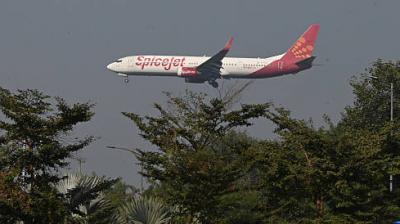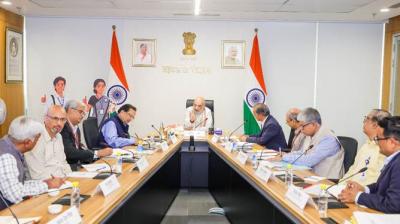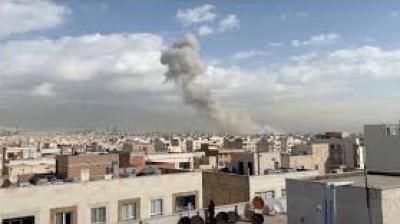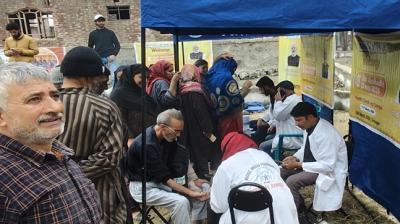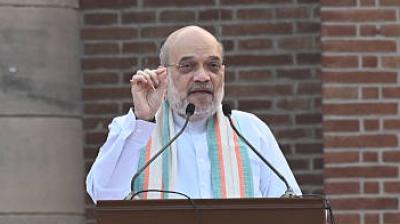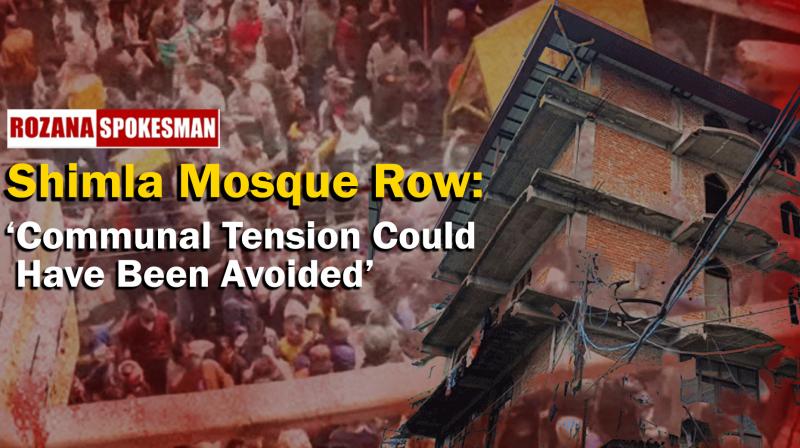
What began as a minor dispute quickly escalated into a major communal issue.
Shimla Mosque Controversy: The violent clashes between police and Hindu protesters in the Sanjauli area of Shimla on Wednesday were unfortunate and could have been prevented. Had the administration and police acted with greater vigilance, the use of force such as lathi charges or water cannons might not have been necessary.
Despite Section 144 being in place and police barricades set up in Sanjauli, these measures proved ineffective in controlling the protest. Political analysts suggest that, with better precautions, the Hindu Jagran Manch and other organizations would not have been able to gather such a large crowd. As the crowd swelled, the situation escalated into violence.
In response, the police were forced to take strict measures, which further fueled the tension, extending it into Thursday. The Congress government of Himachal Pradesh has blamed the Bharatiya Janata Party (BJP) for the unrest, accusing it of trying to destabilize the state government by inciting communal strife.
While this allegation holds some merit, the fact remains that the state government failed to counter the growing communal tensions and disputes surrounding the mosque. Fortunately, on Thursday, the mosque committee offered to voluntarily demolish the portion of the mosque deemed illegal, pending permission. This written offer has raised hopes of reducing communal tension.
The controversy over the mosque's construction in Sanjauli and the opposition from the Hindu community is not new; it has persisted for over a decade. Hindu organizations claim the mosque was built on government land and that its construction is illegal. Meanwhile, the government has maintained that, since the case is still pending in court, no steps can be taken until a judicial ruling is made.
The situation might not have escalated had the mosque management not initiated new construction within the premises. As soon as the new construction began, concerns arose over how such work could be carried out when the ownership of the land is still under judicial review. A statement by Himachal minister Anirudh Singh, perceived as pro-Muslim, added further fuel to the fire.
What began as a minor dispute quickly escalated into a major communal issue. Certain Hindutva elements capitalized on the situation, linking the Sanjauli mosque case with the rising Muslim population in the state and suggesting a resulting imbalance in the state's religious demographics.
The rising crime rate in Himachal Pradesh was also unfairly linked to this demographic change. Such a divisive atmosphere only benefits the BJP politically. Meanwhile, the Congress government's handling of the situation has, at times, inadvertently strengthened the narrative of Hindutva groups. For instance, Public Works Minister Vikramaditya Singh's statement during a press conference in Shimla on Wednesday, claiming, "I am more traditionally Hindu than the BJP," was unnecessary. Secular governments should refrain from making such comments.
The next court hearing on the mosque case is scheduled for October 5. It is the responsibility of the state government to make every effort to expedite a court decision. The Supreme Court has previously ruled that if any religious structure is illegally constructed on government land, it can be demolished, provided proper legal notices are issued in advance. Strict adherence to this legal process can effectively undermine the agenda of communal elements.
(For more news apart from the Shimla Mosque Controversy, stay tuned to Rozana Spokesman)




